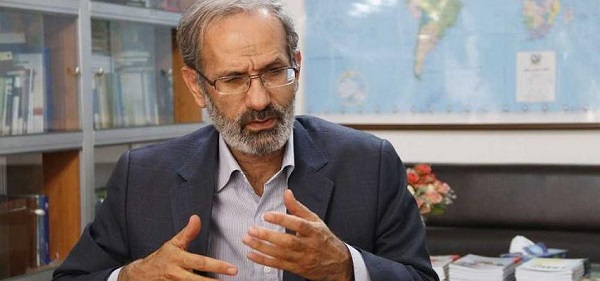Alwaght-After five years of non-stop aggression and all-out blockade on Yemen by Saudi and Emirati military coalition which brought them no tangible success, the UAE in an important development to the conflict said that it is reducing its forces and military activities in Yemen. The French news agency AFP, citing an Emirati official, reported that Abu Dhabi intends to pull its troops out of the war-ravaged country. The official who spoke to the French news agency on the condition of anonymity said that the UAE has decided to alter its strategy in Yemen from war to peace.
The comments very fast became material for media reports and analyses in the region and the world, with many speculating about the Emirati goals behind the decision. However, some parties cast doubt on the very removal of forces from Yemen. Al-Akhbar newspaper of Lebanon, quoting a military source in the Yemeni capital Sana’a, wrote that the news of UAE forces pullout was false and “deception” was Abu Dhabi’s main intention. The Lebanese paper continued that the news of retreat from Yemen was published while the Emirati forces were strengthening their presence in the south, mainly in the coastal areas and Al Jawf province.
To shed light on the issue, Alwaght has arranged an interview with Sadullah Zarei, an Iranian expert of the West Asia affairs.
Fragile economy
Commenting on the news of the UAE troops removal from Yemen, Mr Zarei said that the decision is shrouded in ambiguity. On the one hand, the UAE presses seriously to get control of parts of the south of the country. For example, he went on, the UAE wants to take control of Al Mukalla city in Hadharamaut province. It also seeks Aden province control.
“These are the certain and strategic policies of the UAE in Yemen and there is no sign it wants to change them,” he said.
He continued that on the other hand we see some transfer of forces and military equipment as the war unfolds.
“I think that Abu Dhabi seeks to abandon its role as a major player to a second-level player. In the ground operations, the Emiratis were the key campaign forces, unlike the air operations in which the Saudis were the key actors. In fact, in the ground operations, the UAE troops played as a determining factor for the Arab coalition. But the Emiratis understand that this role causes heavy costs to them in a war essentially carrying no prospects of victory. I believe that the UAE will not quit Yemen at the present time but it will largely change its presence status there so that it can cease being a target to the Yemeni Ansarullah movement’s attacks and so protect its ports, oil tankers, and other economic facilities.”
He gave Fujairah Port oil tankers attack as a sign indicating that the Emiratis are severely susceptible to attacks. Their economic infrastructures cannot withstand attacks like Saudi Arabia as Ansarullah proved it has a big capability of inflicting damage on the aggression countries. Drone attacks have proven that Ansarullah is powerful enough and the Emiratis cannot even think of “glass” Dubai and Abu Dhabi being pounded every day.
Deepening gaps between allies
The Iranian expert was asked about the influences of such decision by the UAE on the Abu Dhabi-Riyadh ties. He answered that definitely Saudi Arabia will consider this a UAE dereliction of responsibility and feel like somebody betrayed. After all, he continued, the start of Yemen war was a joint Saudi-Emirati decision. “Now in a situation that the fate of war is not yet clear and there are no signs of a solution, the Emiratis are retreating and shifting their role”.
War subsides giving way to pro-peace dialogue
The head of Iran’s Andishe Sazan Nour Strategic Studies Institute further commented on the effects of the Emirati decision on the battleground developments saying that the UAE tries to send a signal telling the influential parties that it seeks a kind of cooperation for a face-saving exit from Yemen conflict. In this case, we can expect ease to the clashes which can promote chances of negotiations for a ceasefire.
“As you can see the Western supporters of the alliance begin to abandon their support. Kuwait has begun to criticize the campaign, the Arab and Muslim countries have come against the war, and the Saudis are no longer fighting with motivation. They look like a tired fighter losing further combat energy every day.”
The southerners rise again
Mr Zarei linked another aspect of UAE decision to the south of Yemen. He said that as the UAE is scaling down its role and operations, the southerners will become more active than before. This means that, he added, massive popular protests that over the past year covered the south will grow even larger. Just last week in Shabwa city, the capital of Hadhramaut province, heavy demonstrations were held against the occupation.
“In this conditions, the traditional powerful movements of the south whose leaders over the past few years sold themselves to the UAE will return to activism with the Abu Dhabi retreat to secure their place in the future of the south. So, we should expect an intensification of the clashes in the southern regions.”



























